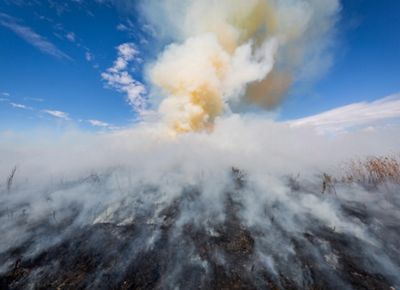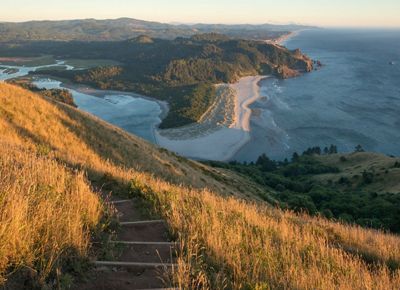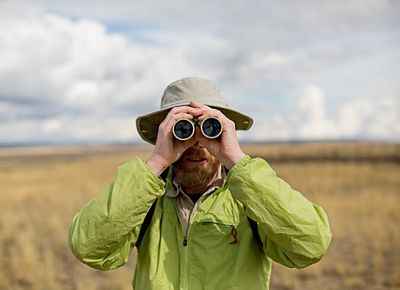Western Dry Forests and Fire Program
The Nature Conservancy is working across the western U.S. to catalyze forest restoration on a transformative scale.
The mission of The Nature Conservancy is to conserve the lands and waters upon which all life depends. For more than 60 years, we’ve been working in Oregon to do just that. We’re bringing people together to solve the biggest conservation challenges of our time by transforming policy, inspiring communities to take action, protecting vital habitats and natural resources and improving livelihoods.
Discover how we're collaborating with our TNC colleagues and partners across the western U.S. and Canada to advance conservation on a transformative scale.
Sign up to receive monthly conservation news and updates from Oregon. Get a preview of Oregon’s Nature News email.


Due to climate change and a century of fire suppression, wildfires are becoming more intense. Science tells us that the best way to reduce the risk is fire itself.

For more than 60 years, TNC has worked to protect forest and grasslands across Oregon—and since 2007 has also helped manage marine reserves and marine protected areas off the coast.

We’d love to connect with you!